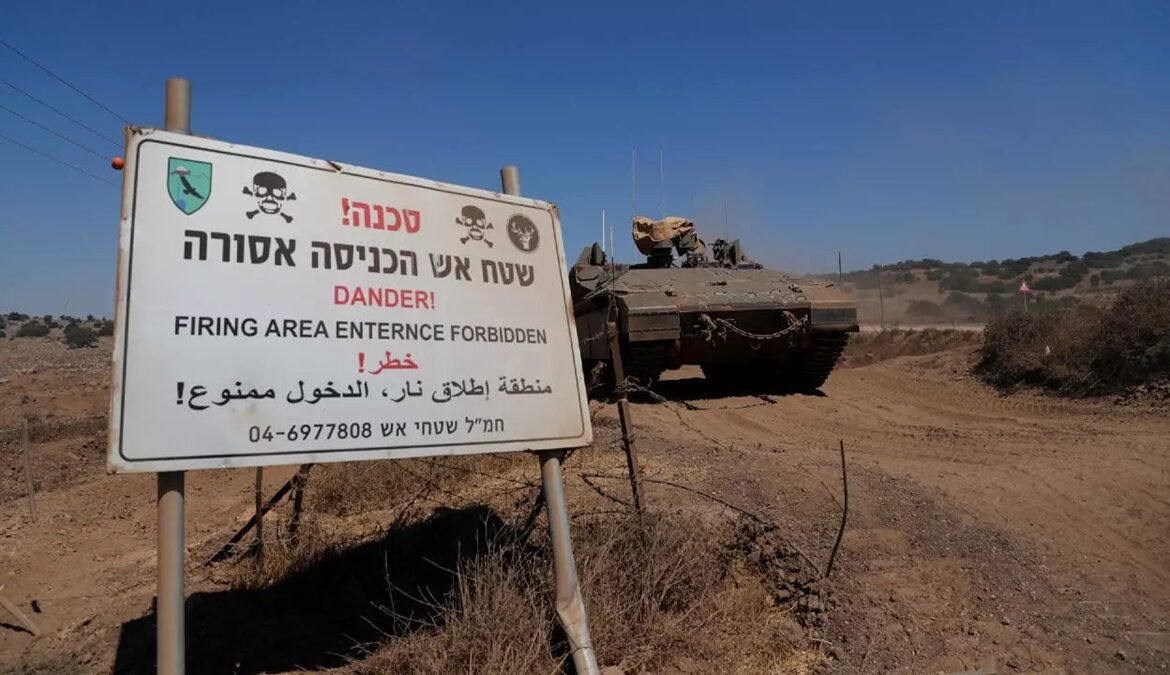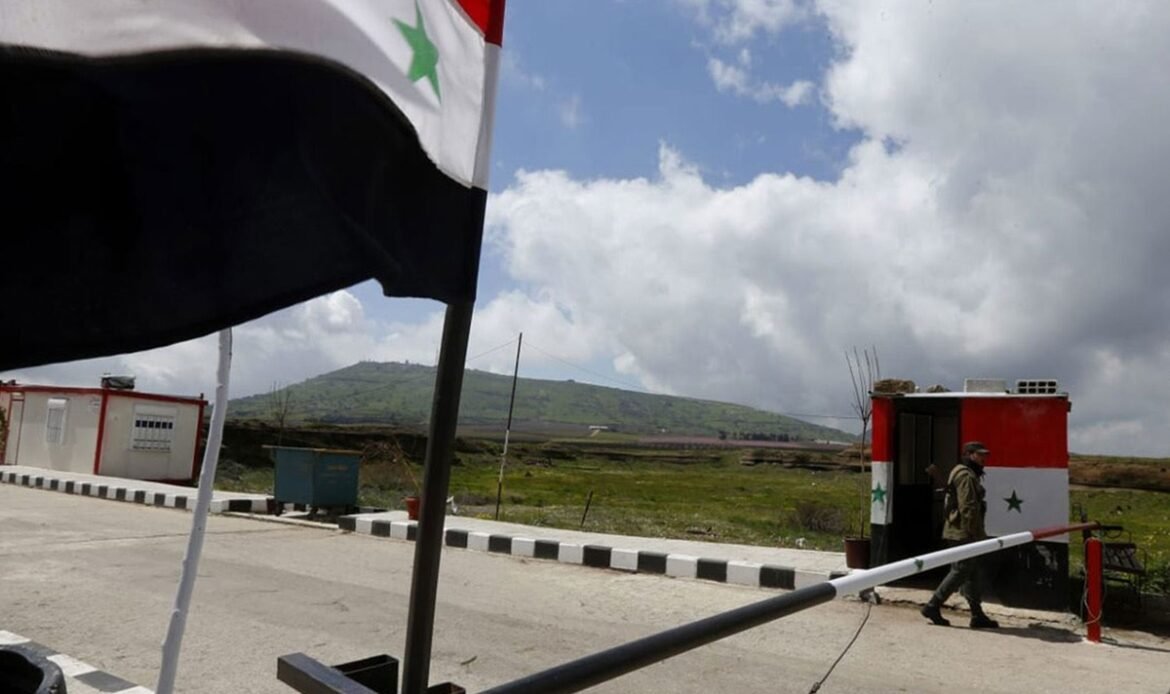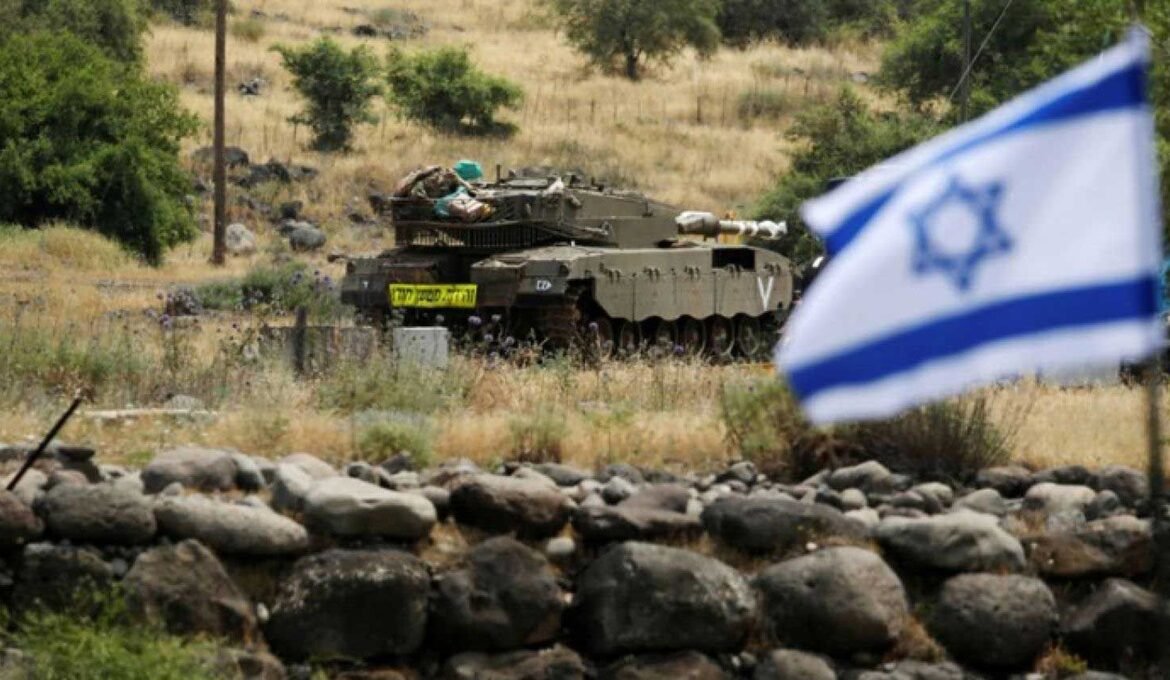Netanyahu’s Strategic Focus on Southern Syria: Challenges and Concerns
In the midst of ongoing conflicts in the Middle East, Israeli Prime Minister Benjamin Netanyahu seems to be setting his sights on Southern Syria as part of a strategic security plan aimed at enhancing Israel’s regional security. This plan is based on the perception that Syria, particularly its southern region, forms a significant part of the equation of Iranian threats and resistance from Hezbollah in the area.
Breaching the Peace
Recent developments have shown Israeli forces entering Syrian territory without arms, thereby violating the 1974 border demarcation agreement between the two countries, as reported by Western agencies based on satellite imagery.
Netanyahu’s Strategy
- The Buffer Zone: One of the options on the table is creating a buffer zone in Southern Syria under Israeli control or surveillance. This would allow for border monitoring and neutralize the area from any military activities threatening Israel.
- Coordination with Other Nations: Netanyahu has not hesitated to reach out to other nations with stakes in Syrian stability, like Russia and the United States, to ensure Southern Syria does not become a new axis of threat.

Criticism and Concerns
- International Law Violations: There are concerns among some that these steps might contravene international law and state sovereignty, considering the entry of Israeli forces
into Syrian territory as an act of occupation. - International Reactions: Russia acknowledges Israel’s security interests but hesitates to
endorse any actions that could be seen as an intervention in Syrian affairs. Meanwhile, a
joint statement from the international meeting on the Syrian settlement in the Astana format
(Russia, Iran, Turkey), concluded on November 12, condemned “all Israeli military strikes in
Syria”, describing Israel’s actions as “a violation of international law, Syrian sovereignty, and
the unity of its territory.”
Conclusion
From Netanyahu’s perspective, focusing on Southern Syria is not merely a security challenge but
part of a broader strategy to export his internal crisis. However, this plan hints at the escalation of events in the region. The question arises: Can Israel implement its strategy without escalating the situation into a new regional war?
Assad and Larijani’s Message of Alliance: Standing with Palestine and Lebanon




